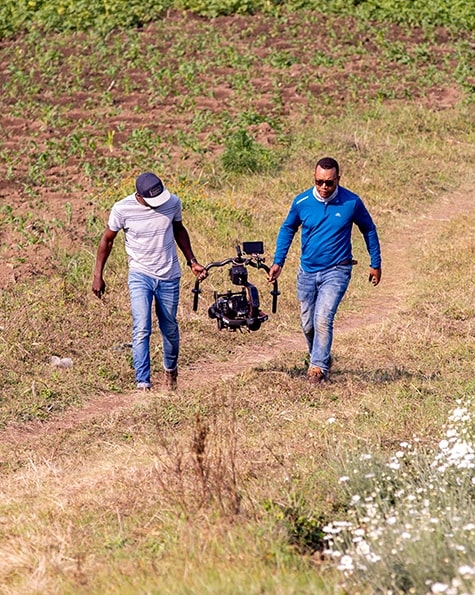Pyrethrum Company of Tanzania
Challenge
The Pyrethrum Company of Tanzania (PCT) had a rocky start. The processing facilities in that region of Africa had closed and needed to be completely rebuilt. Payments to farmers for growing pyrethrum were inconsistent and some years, PCT had to take government loans to pay farmers. Local farmer had lost confidence in a pyrethrum crop and wouldn’t grow it, jeopardizing the industry.
Solution
In 2006, MGK became a majority owner in PCT. They quickly began rebuilding trust with the family farmers by paying for every crop. They guaranteed the price in advance which was a huge incentive to grow pyrethrum. They also:
- Rebuilt the factory and built local drying facilities for the flowers
- Planted seed plots to ensure a plentiful supply of seedlings
- Hired local buying agents and bought them motorcycles to reach more farmers
- Bought land and rented it to farmers, for those who need it
Impact
A sustainable industry has emerged with thousands of small family farms harvesting pyrethrum, which has become the most profitable crop in the Tanzanian highlands.
PCT continues to invest in local industry and communities. Research and development are ongoing to find better seedstocks and fertilizers. As yields increase, so do payments to farmers.
They have created financial management programs to educate farmers and made significant investments in local schools to improve literacy rates.

Overview
For nearly 50 years, MGK and PCT have partnered to provide a reliable pyrethrum supply. They had a rocky start, but in 2006, when MGK became the majority owner, the partners began rebuilding trust with local farmers by guaranteeing the price of pyrethrum in advance as an incentive to grow it.
Now, thousands of small organic family farms are harvesting pyrethrum flowers 10 months out of the year, and pyrethrum has become the most profitable crop in the Tanzanian highlands.
With regular investment in research and development, PCT is continuously innovating to develop better seedstocks, organic pest control methods, and fertilizers.
PCT has expanded their investments beyond the fields. With programs designed to educate farmers on general financial management and an effort to stock schools, they are educating local communities and improving literacy rates.
PCT exemplifies how businesses and communities can work together to achieve social and environmental sustainability.
